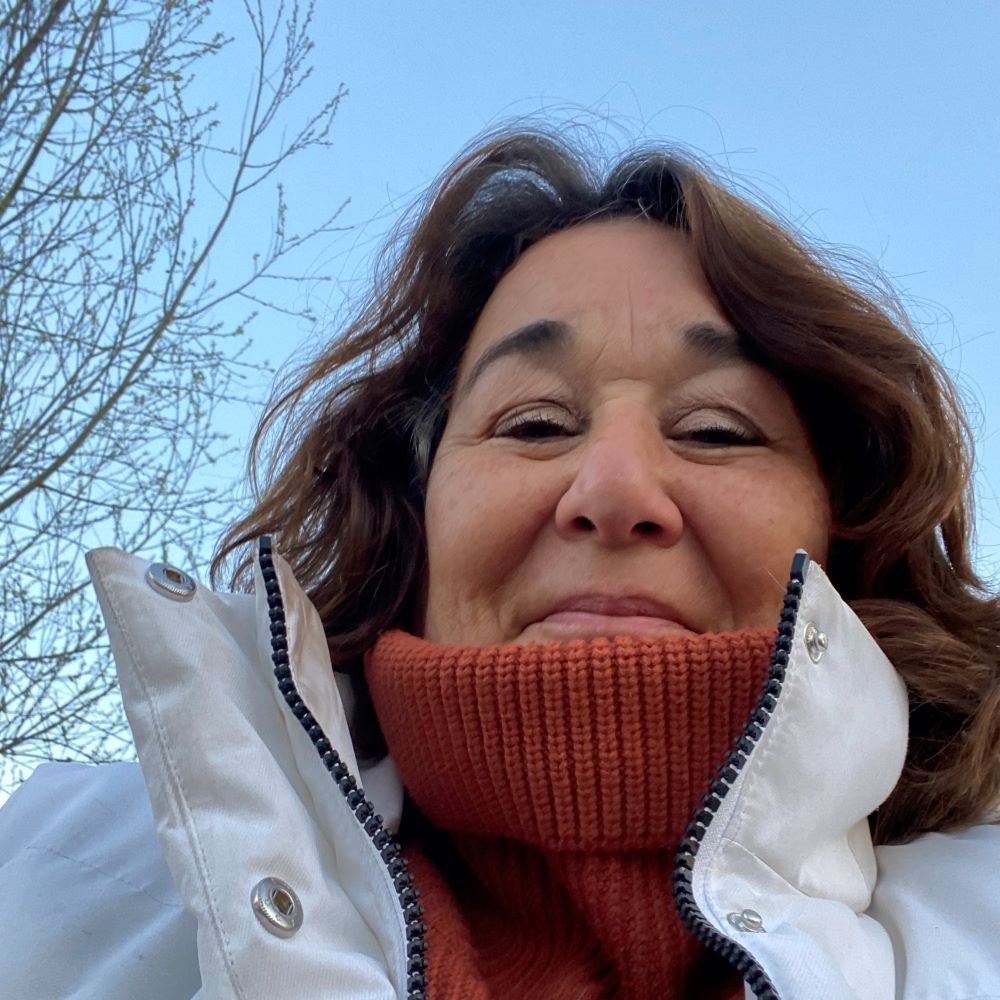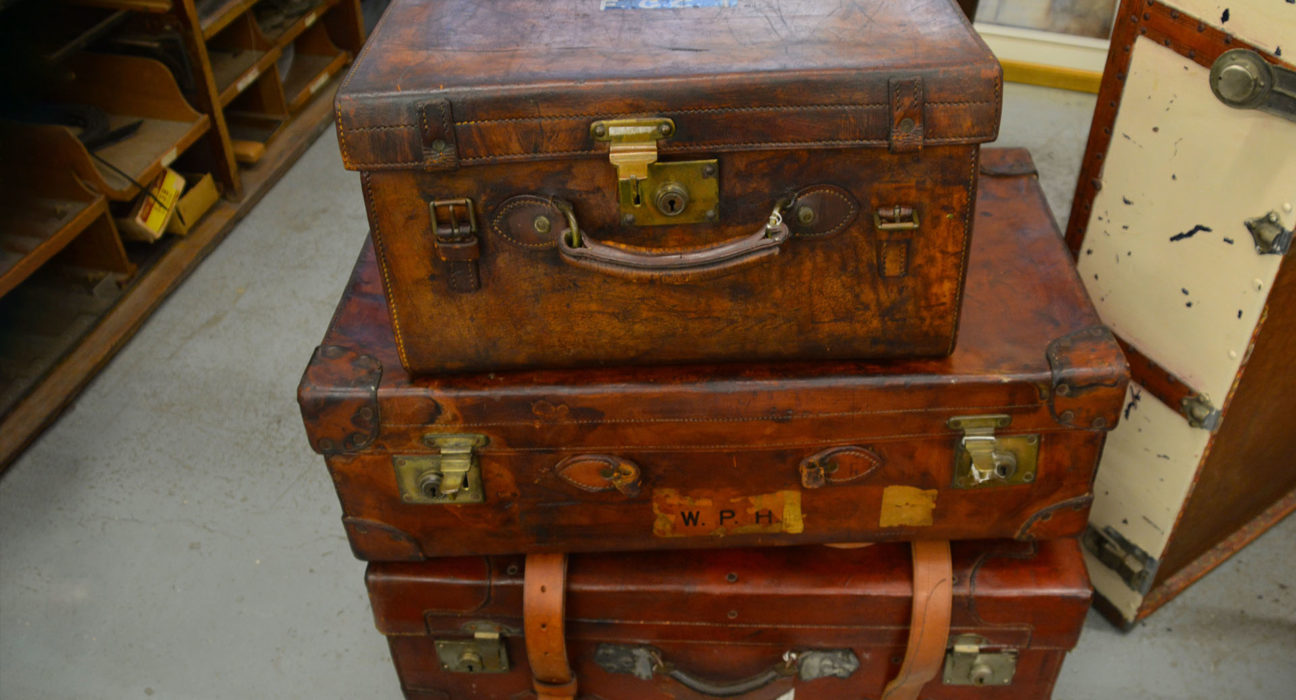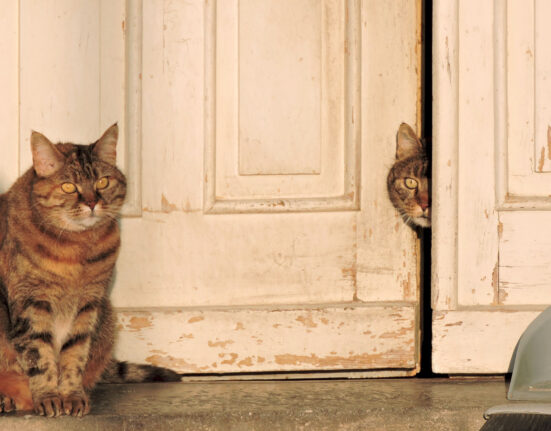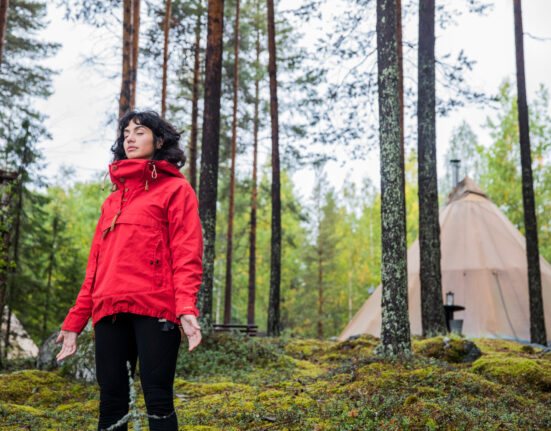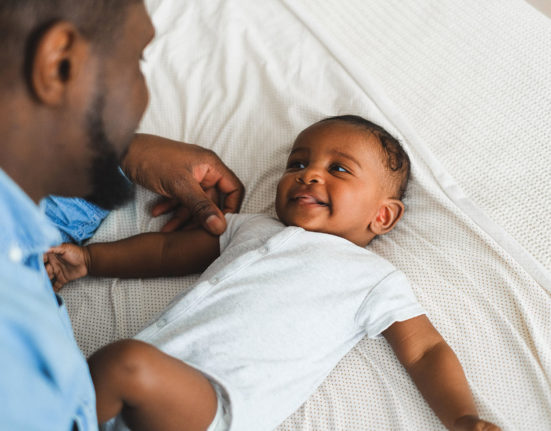This is the time of year that many global nomads head home to their families. With expectations high on both sides, these visits can be a mixture of heaven and hell. Almost all expatriates feel some measure of guilt about the impact their life choices have on those who love and miss them ‘back home’.
And of course ‘home’ is a multifaceted word. After holding my nerve following my mini trust breakdown (see last blog), I walked into the little castle apartment and knew I was home. I made an offer the same day!
But for the purposes of this blog, the home I am referring to here is the core family with whom you grew up. The caregivers and siblings that shaped and moulded you, for better and for worse.
One way we become defensive is to pretend we are deeply fulfilled in our role as global nomad, presenting a polished and Instagram curated version of our foreign adventure. We don’t share the moments of loneliness, the fear of not belonging, the cultural confusion, because we don’t want to be told, ‘we said you couldn’t cope’, or ‘who did you think you were?’ But if we’re rooted in our choices, warts and all, then we can insulate our guilt trigger with self-compassion and love.
And that also means accepting that your choices influence others.
Part of truly ‘growing up’ means letting go of some of the incongruent expectations that our parents placed on us. Often with the best intentions, sometimes with a slight undertone of their own unlived lives and dreams. Choosing a life abroad can offer the freedom to live a truer version of yourself, away from parental and cultural conditioning. But when you come home you easily step back into the role you always had. In front of our partners’ astounded eyes, we turn from an audacious and passionate advocate for human rights into the pleading and self-deprecating middle child we always were. Playing our role is, we think, our ticket to love and belonging.
It’s only when we break with this fallacy and take time to hear and accept our inner child’s shame and fear around not living up to our primary caregivers’ hopes and dreams that we step into a more robust sense of self. Because that, in turn, will allow us to respond compassionately rather than defensively to any parental or sibling guilt tripping, be it in our minds or real.
And there is nothing like elderly or sick parents back home to trigger the guilt of not ‘being there’. One client was once told; “you needn’t have come, you don’t know what to do anyway. It’s Sarah who knows all the doctors here.” It is easy then to want to assuage your guilt and prove your worth by well intentioned suggestions and actions. However, these are often seen by the homebodies as unwelcome interference. Instead, acknowledge you are not there, thank those who are, and find out what they need from you.
Actions have consequences. Living away from your core family is a choice. A choice that means you might not win brownie points in the ‘Friday night dinner’ awards. You might have developed more of who you truly are at the cost of ‘failing’ to be what your parents imagined. And incidentally, none of this should be a problem if you have families that fully celebrate your choices for their authenticity, but that’s rarely the case. However, embracing the consequences of your choices with love and compassion for yourself and for those others will bring inner peace.
So as you pack your cases, tap in to any underlying guilt feelings and then leave them behind. Be grounded in your choices and compassionate about the effect it has on others. There is nothing wrong with saying, ‘I sometimes wish I lived closer’. It doesn’t undermine your choice to be a continent away, and it affirms the love you feel for the people back home.
And if, one day, you do make the choice to move closer, in my case to embrace the new adventure of grand-motherhood, then make sure you realise that the ‘folks back home’ already have their own fulfilling lives. They’re happy you’re coming home, they actively wanted you to come home, but you are now an addition to what there already is. Leaving and returning also means having the humility to know your place, delightfully and wonderfully so, but nevertheless, without the expectation to be the new centre of the homestayers’ existence!
Enjoy your holidays!
Lysanne Sizoo, international Mental Health specialist
Ready for new client appointments from 7th January 2024
With over two decades of experience, Lysanne Sizoo specializes in assisting expatriates, international professionals, and global nomads facing mental health challenges. Her professional journey has taken her to the United Kingdom, Sweden, New Zealand, and the Netherlands. While her practice is set to relocate to Stockholm by the end of 2024, she continues to serve a diverse clientele through online consultations.
Living away from one’s native country comes with its unique set of psychological hurdles, alongside the everyday ups and downs of life. This holds true for global nomads, cross-cultural adults, and children alike.
In the upcoming months, Lysanne will share her insights through blog articles and by addressing readers’ concerns. She will also chronicle her personal journey as she returns to Sweden after a decade in her home country.
If you have specific topics or issues that you’d like Lysanne to explore in her articles, please reach out via the contact form on this website or directly through her personal website. Rest assured, your privacy and confidentiality will be upheld.
